Building a relationship with a consultant takes time, effort, and commitment. Whether it’s only for the short term or if you are in it for the long haul, investing time in building relationships between consultants and clients can pay significant dividends.
It’s similar to knowing your doctor, contractor, or mechanic well enough that you are comfortable conversing with them and trusting in their advice. Having that relationship can assist you in knowing that everyone is on the same page during a collaborative process.
Occasionally, I run into clients who see consultants more like a server at a restaurant. This person is here to make this a take my order, make it a pleasant experience and hand me an expected outcome, and then leave so I can get on with my day. Establishing trust is very challenging when you don’t know someone well.
Of all my experiences in the seven years of assisting people with their needs through consulting, I find the latter situations the most frustrating. All the consultants I know are there to serve, and the lack of a relationship makes them uneasy.
A positive solution is to proactively build a relationship with your consultant. This usually starts on day one.
- Take a minute to get to know each other in a casual conversation first, preferably in person
- Explore the possibility of working together and predict how that would loosely occur
- Ask the consultant to send you a proposal and set up an appointment to circle back with each other (this can be done virtually or over the phone)
Once you and the consultant have formally decided to work together, this will begin the time to start investing in each other focusing on agreed-upon goals and objectives.
Knowing that having a successful relationship with each other to will lead to rewarding outcomes, below are some suggestions on how to go about building those relationships.
What can clients do to build successful relationships with a consultant:
- Set clear expectations: Clearly, articulated expectations assist consultants in understanding an organization’s vision and goals and their wants and needs.
- Be transparent: Transparency helps to avoid misunderstandings and miscommunications that can impact outcomes.
- Have an open mind: Open-minded individuals are more likely to be more collaborative. Be open to feedback and suggestions recommended by your consultant.
- Build rapport: Take time to get to know each other, as it is usual for the consultant to get to know the whole person they are assisting.
- Communicate regularly: Constant and consistent communication is critical to building any relationship. Schedule communication every week and intentionally protect the time.
- Provide feedback: Feedback is the quickest road to continuous improvement. Provide positive, non-critical feedback to the consultant, and remember to ask clarifying questions.
- Foster a positive working environment: Create a positive and supportive working environment by treating the consultant as a valued team member.
Having a positive, successful experience working with a consultant will come from how you approach the relationship and intentionally work to build that relationship.
The consultant’s goal is the same as yours. It’s important to them to be a successful business partner with you, and it’s their business, passion, and commitment.
